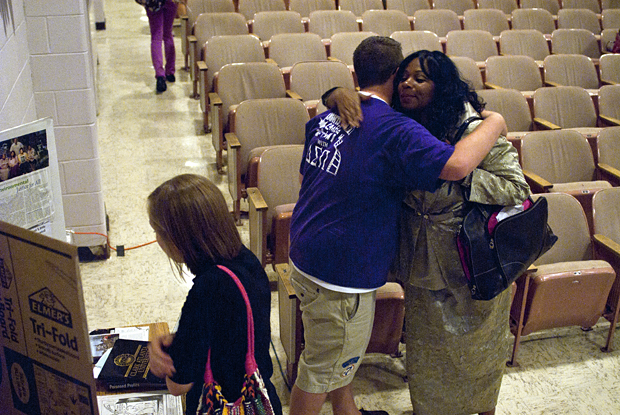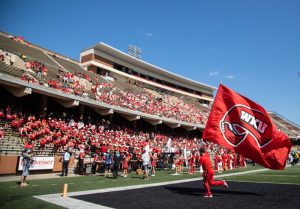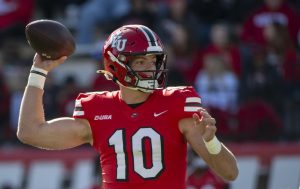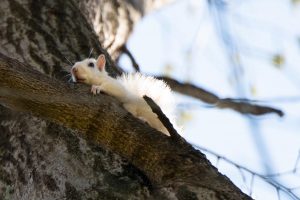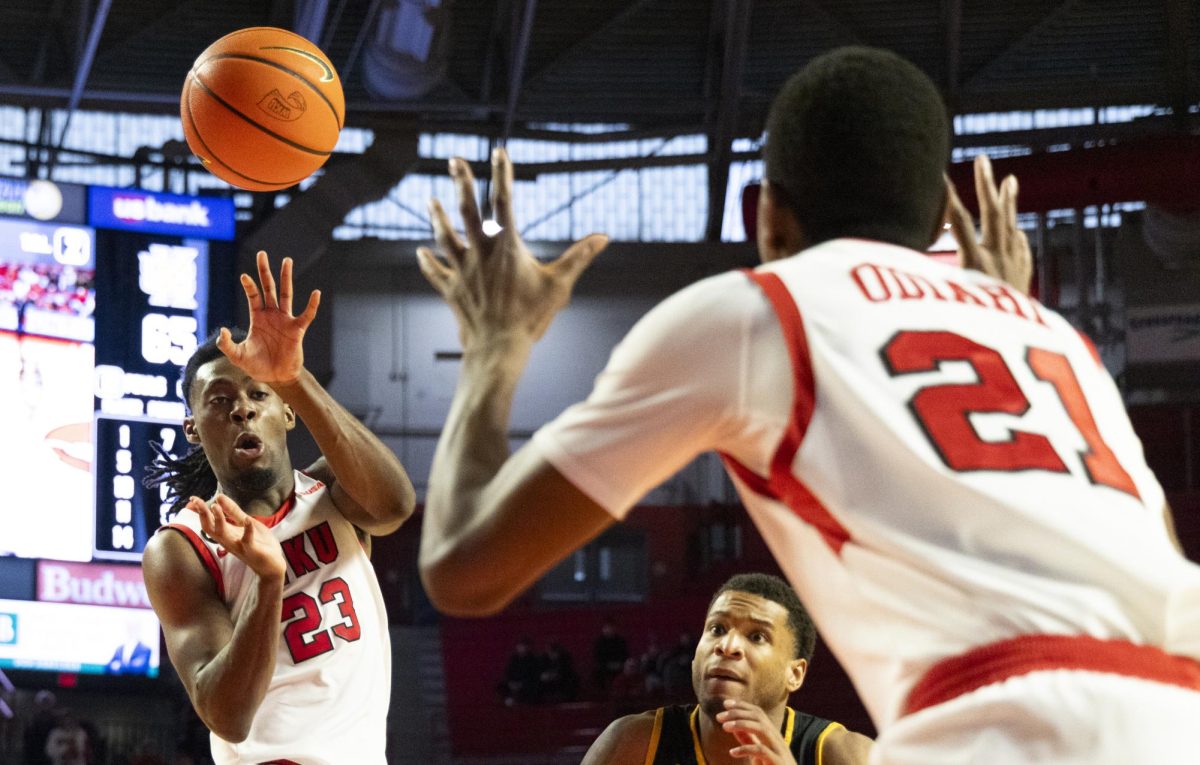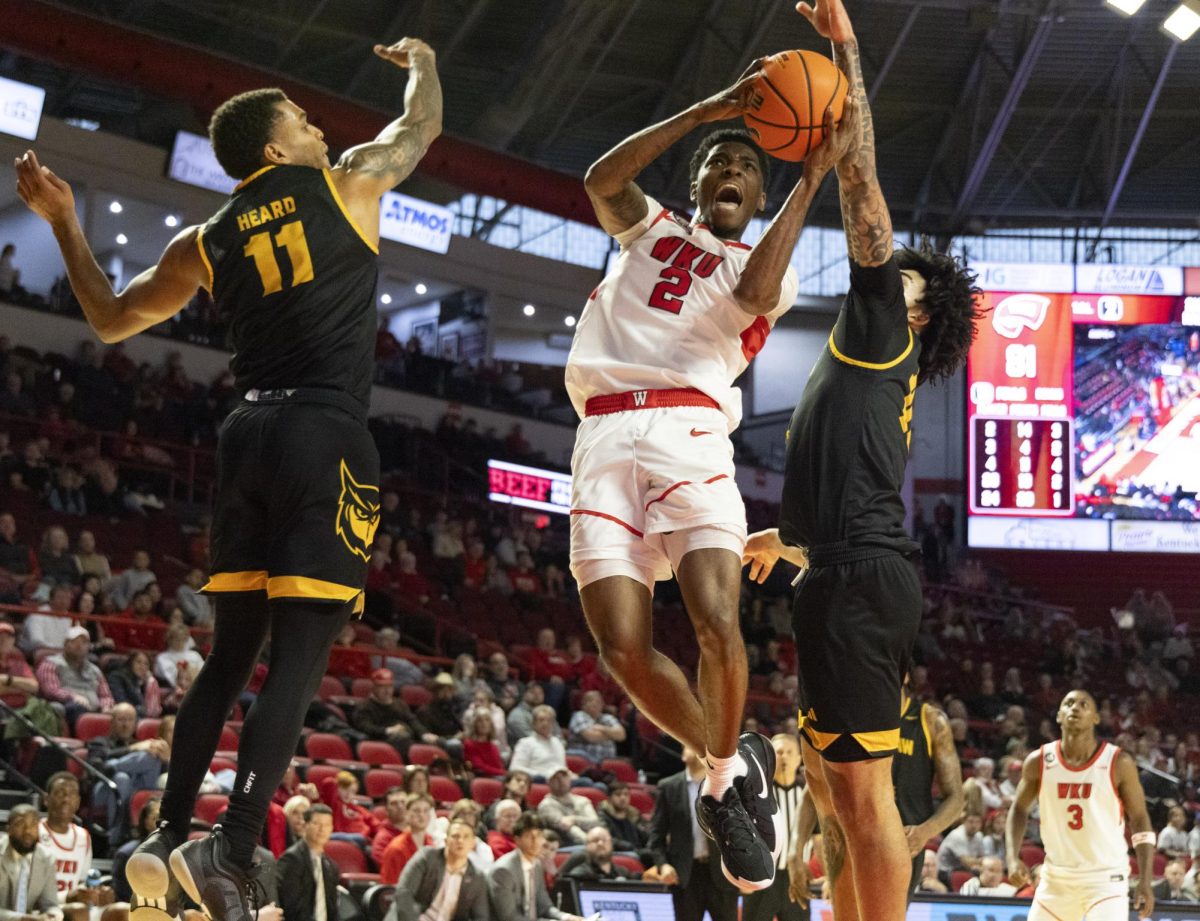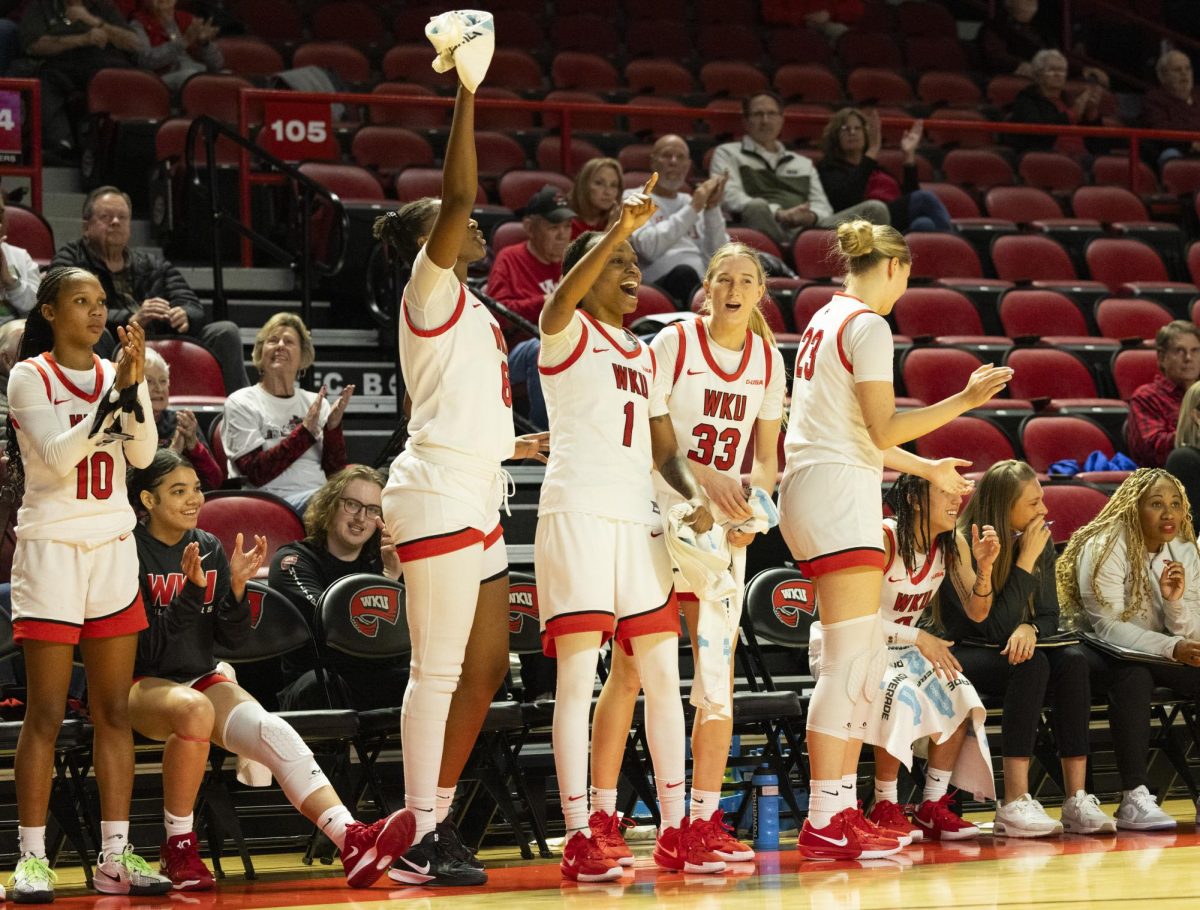Orsted speaks on environmental racism
September 16, 2010
Sheila Holt Orsted was shocked when she learned that she had stage two breast cancer.
Orsted was a bodybuilder and personal trainer who taught five aerobics classes and played basketball on a women’s league. She later found out that the cancer was caused by toxic chemicals near her home.
Orsted spoke in the Garrett Conference Center auditorium on Wednesday evening about environmental racism and how it has affected her life. Orsted’s speech was among Constitution Week events this week.
Orsted’s story began in 2002, when she was traveling home to Dickson, Tenn., for Christmas. When she arrived home, she learned that her father, aunt and two cousins had cancer.
After traveling back home, she scheduled a physical, only to learn of her breast cancer.
Orsted’s father received a letter from the county explaining that their family farm was 57 feet from the site of a chemical spill.
A manufacturing company that produced valves for automobiles and boats had been dumping their degreaser, trichloroethylene (TCE) near the farm. Orsted’s father was told that this chemical had gotten into the water supply but that it wouldn’t cause any health problems.
In between chemotherapy treatments, Orsted began investigating the situation and found that the white families in the area had also received a letter-but one that told them to discontinue their water because it was dangerous for their health.
This introduced Orsted to the issue of environmental racism: informing one race of people about something for their protection but leaving the other group out in the cold.
Orsted began rallying against the issue. She received helped from Robert Bullard, director of the Environmental Justice Resource Center at Clark Atlanta University, as well as two non-profit law firms.
Orsted, with the help of the firms, filed lawsuits against the manufacturing company. The company went bankrupt as a result of the suit.
But the chemical spill has polluted the entire water supply of Dickson and spreads about a mile a year.
Orsted told students that everyone needs to do something to help stop environmental racism.
She has been featured on CNN and in the Washington Post. After seeing an article about her, Hillary Clinton contacted her and asked her to speak at the United States’ first environmental justice meeting.
“I believe this is my calling.” Orsted said. “I was put on this earth to tell my story.”
Now in remission, Orsted has been traveling to different college campuses to speak on the topic of environmental justice. She wants to get people involved and stop the oppression of blacks.
“Getting a black president did not solve all of the racial issues,” she said.
Dickson sophomore Caitlin Bowen and Harlan senior Kelsey Middleton both attended the speech to write papers for their African American Studies class. Bowen was left thinking about the possibility that TCE could be in her own hometown water supply.
Orsted said she wants others to get involved and work for equality.
“We will not be victims, but victors,” she said.

